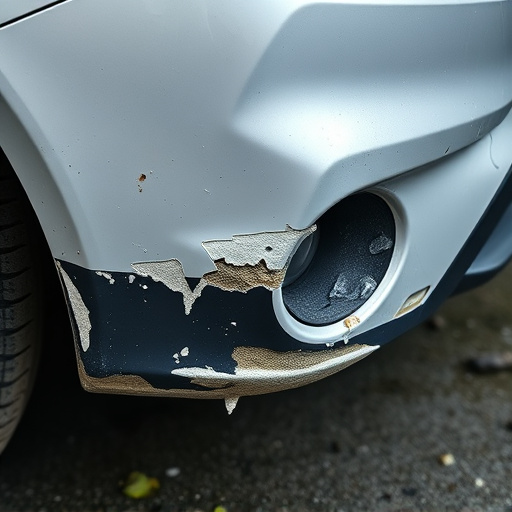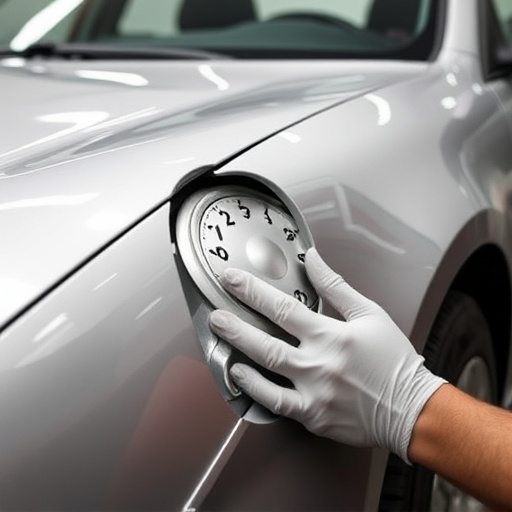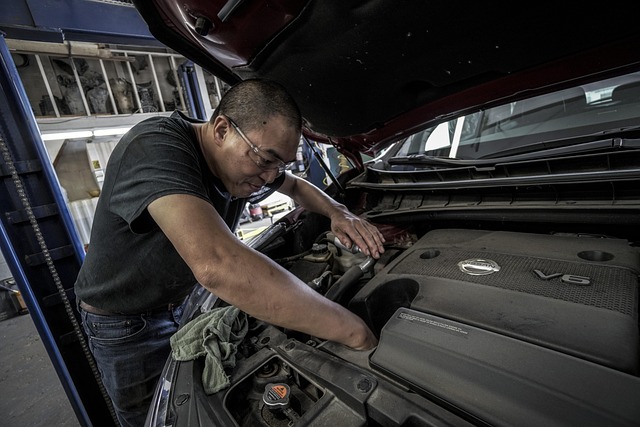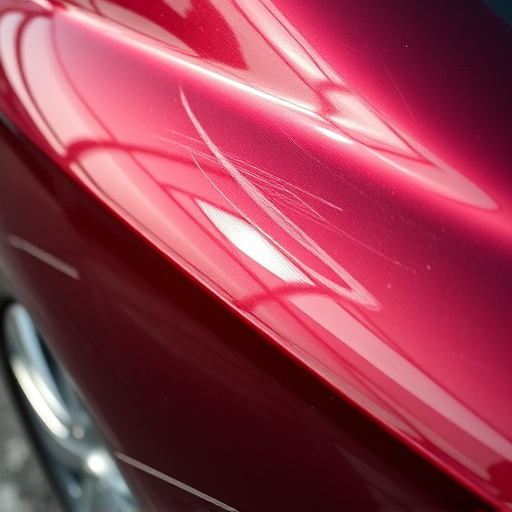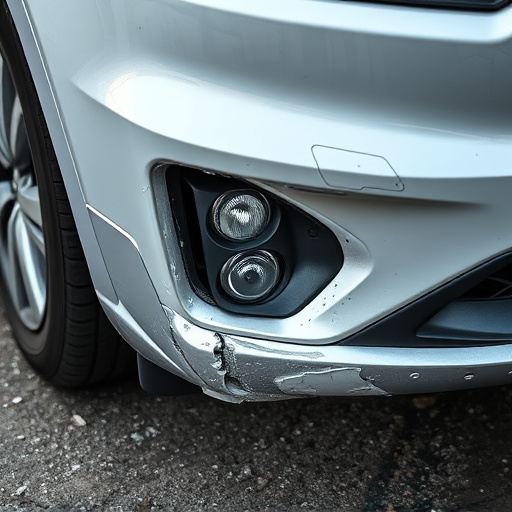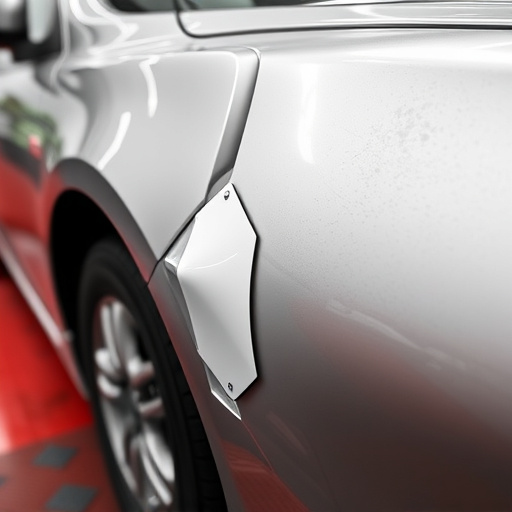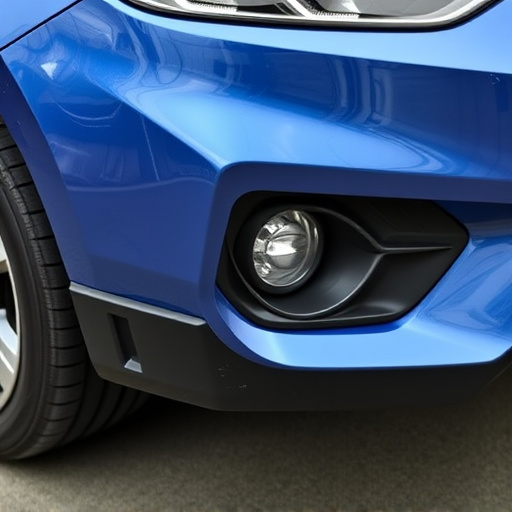Comprehensive brake system inspection is vital for collision repair, ensuring safety and functionality by checking wear on pads, rotors, calipers, fluid levels, and overall performance. Regular inspections prevent future accidents, enhance vehicle longevity, build customer trust, and meet safety standards, making it a standard practice in reliable repair shops.
Collision repair goes beyond fixing visible damages; it’s a complex process that demands a thorough understanding of vehicle systems, especially the brake system. A comprehensive collision repair isn’t complete without a meticulous brake check. This article delves into the significance of inspecting the brake system during collision repair, revealing unseen benefits and enhancing safety, performance, and overall vehicle reliability. By exploring these aspects, we emphasize why this step is an indispensable part of modern automotive care.
- Understanding the Importance of Brake System Inspection
- Why a Comprehensive Collision Repair Includes Brake Checks
- The Unseen Benefits: How Brakes Impact Safety and Performance
Understanding the Importance of Brake System Inspection
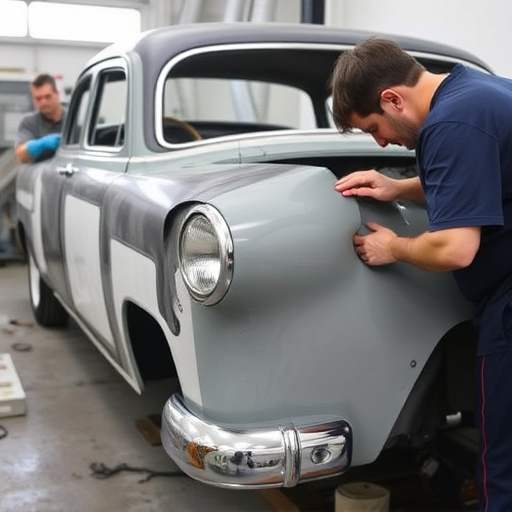
After a collision, it’s not just the visible damage that needs attention; the brake system must also be thoroughly inspected as part of any comprehensive vehicle restoration process. A simple overlook can lead to serious consequences down the road, putting both driver and passengers at risk. During a collision repair process, body shop services shouldn’t solely focus on fixing dents and cracks; they should also ensure the braking mechanism is in optimal condition.
Regular brake system inspection plays a pivotal role in maintaining vehicle safety. This involves checking for wear and tear on pads, rotors, calipers, and other critical components. Moreover, it includes verifying proper brake fluid levels and assessing the overall functionality of the entire system. By integrating these checks into collision repair procedures, body shop services not only guarantee safer driving conditions but also enhance customer trust in their vehicle’s reliability after an incident. This meticulous approach ensures that beyond fixing external aesthetics, the vehicle is restored to its highest operational standard, including top-notch tire services when needed.
Why a Comprehensive Collision Repair Includes Brake Checks

In the realm of collision repair, a comprehensive approach is paramount to ensuring safety and longevity of vehicles. A thorough brake check is an integral part of this process, as it goes beyond mere cosmetic fixes. The brake system inspection is crucial because brakes are a vital component in vehicle collision repair, playing a pivotal role in preventing subsequent accidents. Every vehicle collision repair shop should prioritize this step, as it involves meticulous evaluation of brake pads, rotors, calipers, and fluid levels.
Regular brake checks not only detect potential issues but also enable fleet repair services to recommend timely replacements, enhancing overall vehicle performance. In the event of a vehicle collision repair, addressing brake system problems is essential for restoring optimal stopping capabilities, thereby guaranteeing safe driving conditions post-repair. This meticulous attention to detail ensures that every aspect of a vehicle’s safety is considered, making it a standard practice in reliable collision repair shops.
The Unseen Benefits: How Brakes Impact Safety and Performance
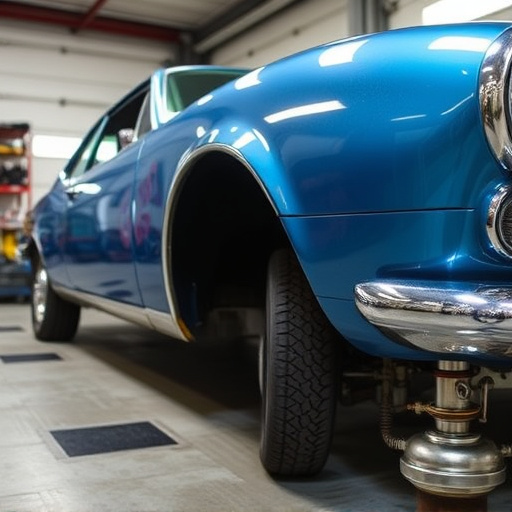
The brake system is often an overlooked aspect of vehicle maintenance, especially during collision repairs. However, its importance cannot be overstated, as it plays a pivotal role in ensuring safety and optimal performance on the road. Every time a driver presses the pedal, the intricate network of pads, rotors, and calipers engages to slow and stop the vehicle, preventing accidents and protecting passengers. A comprehensive collision repair process involves not just fixing dents and cracks but also performing a thorough brake system inspection.
Neglecting regular brake maintenance can lead to serious consequences. Worn-out brakes may fail to provide adequate stopping power, increasing the risk of collisions and causing drivers to lose control. Moreover, outdated or damaged brake components can affect steering precision, handling, and overall vehicle stability. Thus, a reliable car repair shop will check the condition of pads, rotors, fluid levels, and other critical parts during any collision repair service to guarantee that your auto repair near me meets safety standards and delivers top-notch performance on every journey.
Collision repair goes beyond cosmetic fixes; it’s about ensuring safety. That’s why a thorough brake system inspection is an integral part of any comprehensive collision repair process. By checking brakes, mechanics can identify potential issues that might go unnoticed, preventing future accidents and enhancing vehicle performance. A simple brake check can have unseen benefits, making the road safer for everyone.

